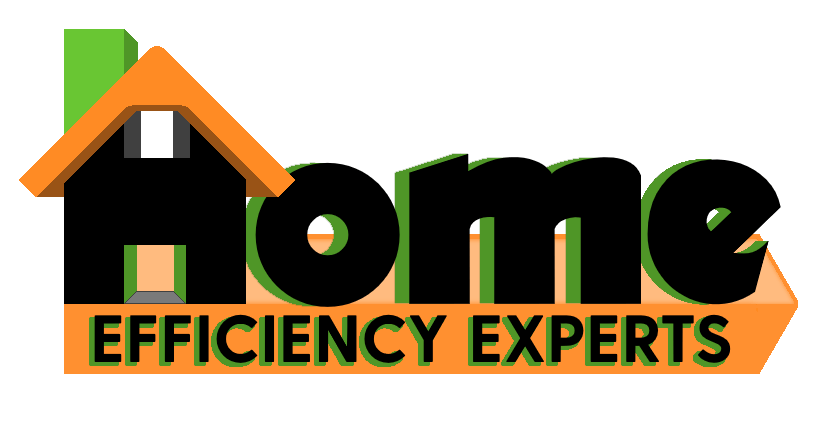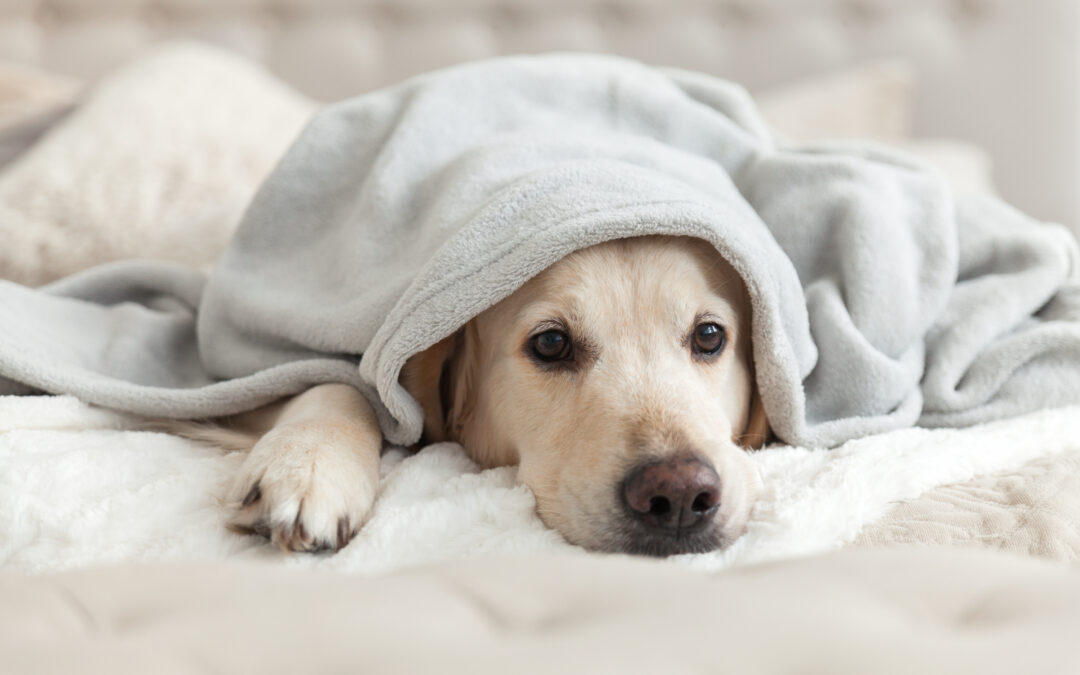Energy costs are predicted to rise dramatically this winter— both natural gas and electricity rates are predicted to increase for homeowners in Suffolk and Nassau Counties. One of the best ways to improve your home’s energy efficiency and save money is to upgrade your home’s insulation and air sealing—here’s how you can get started.
Signs of Poor Insulation
Many Long Island homes are under-insulated, costing energy and money. Some of the symptoms of a poorly insulated home include:
- Drafty, cold rooms
- Increasing energy bills
- A furnace that’s always running
Evaluate Your Home’s Insulation
Get started on improving your home’s comfort for this winter by scheduling a free home energy audit from the insulation pros at Home Efficiency Experts. Our certified BPI technicians use proven building science to take the guesswork out of your home insulation upgrades. The technician will use a blower door test and infrared thermal imaging to pinpoint where insulation is inadequate or missing. From attic to basement, once our comprehensive report is completed you’ll learn how insulating your home will save money and where you’ll gain the most from improvements.
Air Sealing Helps Insulation Perform
Another aspect of home performance that’s revealed in an energy audit is where your home is leaking air. Most homes have gaps and cracks in the ceiling, walls, and floors that can allow heated air to escape and outside air and pollutants to enter. These holes may seem small but combined together can leak enough air to equal a window that’s left open all year long! Air sealing is an important component to insulation upgrades to help your new insulation perform to its specifications.
What Kind of Insulation Is Best?
The short answer is: it depends. With 18 years of insulation experience, Home Efficiency Experts can help identify the best type of insulation for your Long Island home.
- Cellulose Insulation is made from recycled newspaper and is fire retardant. The benefits of cellulose insulation is that it controls moisture and dampens noise. Cellulose is most often applied in dense pack form for sealing drafty walls and blown into attic spaces to the required depth. When paired with whole home air sealing it performs very well in cold New York winters.
- Spray Foam Insulation can be applied in many areas of your home. In attic spaces, spray foam both insulates and seals air leaks at the same time. Another excellent application of spray foam in Long Island NY homes is around rim joists in basements or crawl spaces. This measure keeps cold damp air from circulating under your floors and eliminates mold, mildew, and musty odors. If you’ve experienced frozen pipes, applying spray foam insulation can prevent ice formation and damage to plumbing.
- Foam Board Insulation is used to insulate pull down attic stairs, attic storage areas, and knee wall closets. These sheets are applied along with a well-fitted gasket to provide a tight seal and prevent air leakage in these entry points.
Duct Air Sealing to Save Energy
Leaky ductwork is another area in your Suffolk County NY home that may be costing you money and making your furnace work harder. If some rooms in your home always seem cold in the winter months, the culprit might be leaky ductwork! Our home energy audit will identify where duct sealing is needed. Once these areas are identified, they can be sealed using mastic applied directly to the connections and dried to form a rubbery seal. Sealing ductwork also cuts down on allergens, dust, and other pollutants circulating through your home.
Schedule Your Home Insulation Test and Insulation Upgrades Today
Once your Nassau County NY home’s insulation, air sealing, and duct sealing has been completed, our certified BPI technician will conduct a free follow-up blower door test to ensure our improvements have made a difference in your home’s insulation. At Home Efficiency Experts, our goal is to meet or exceed your home insulation requirements.

